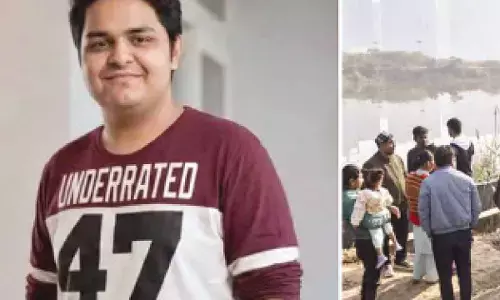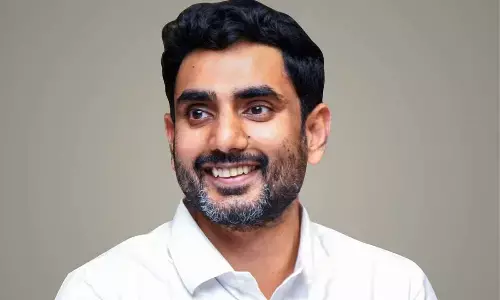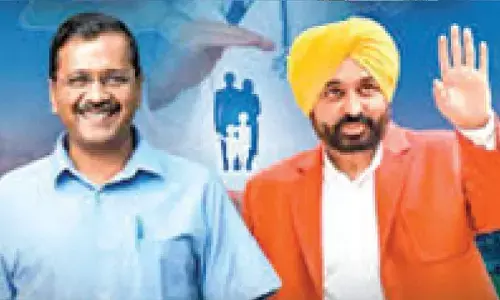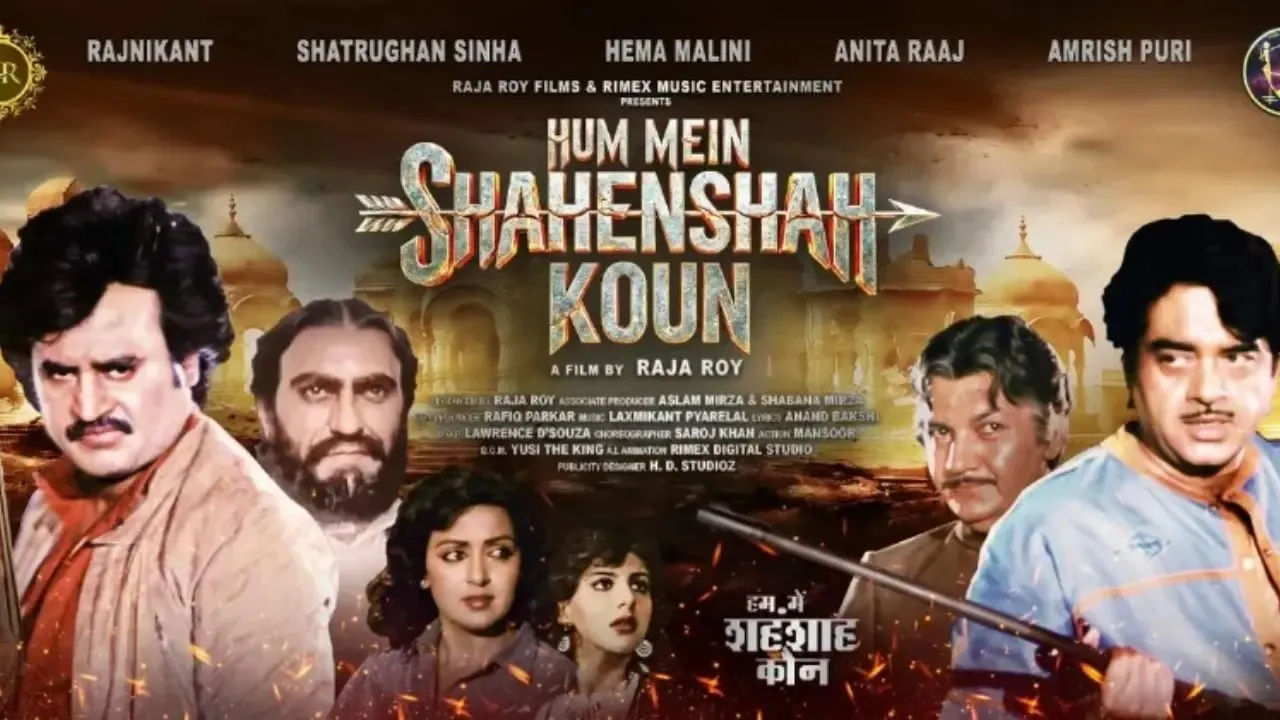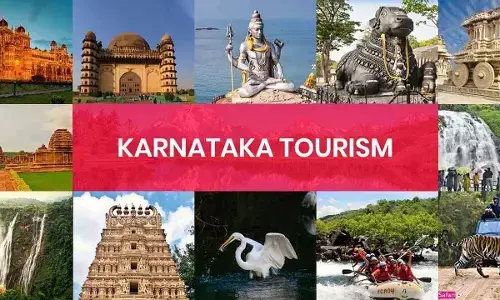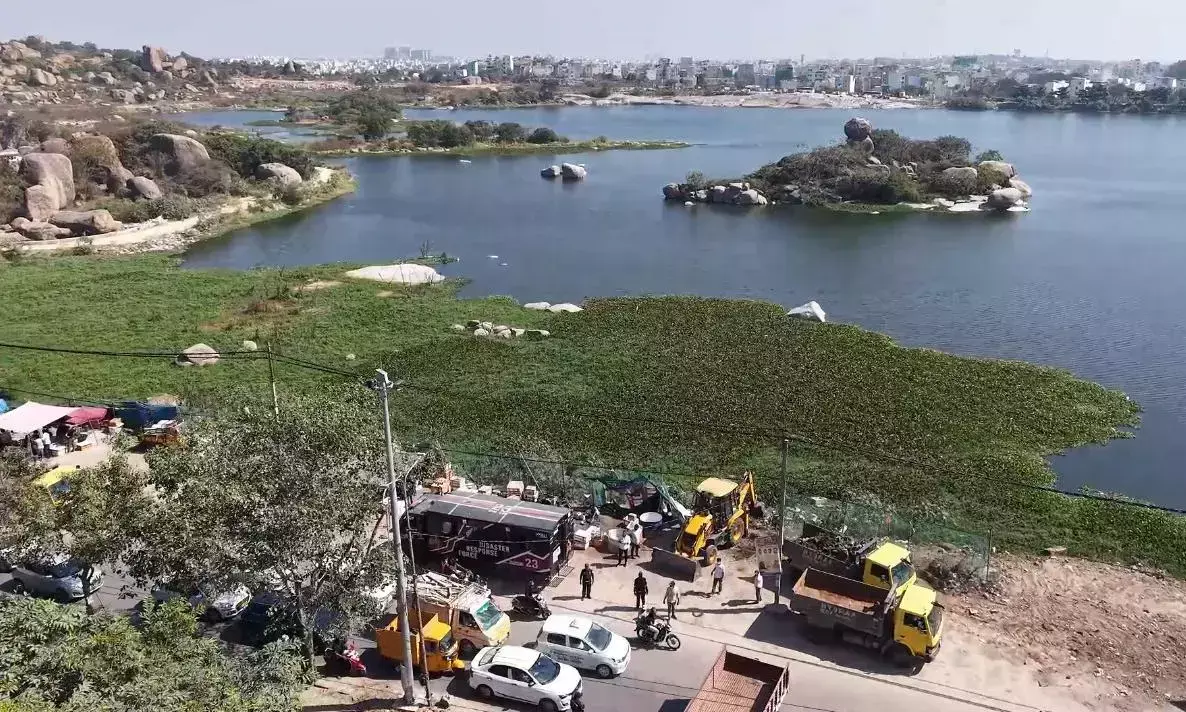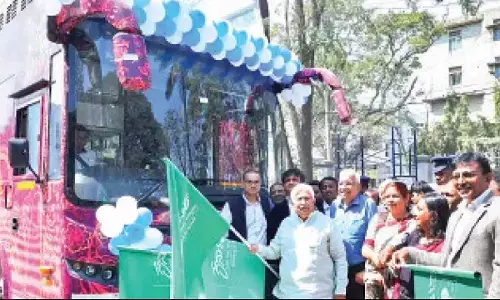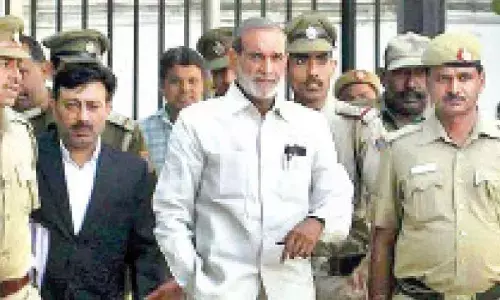Is China provoking India to aim at its soft belly?
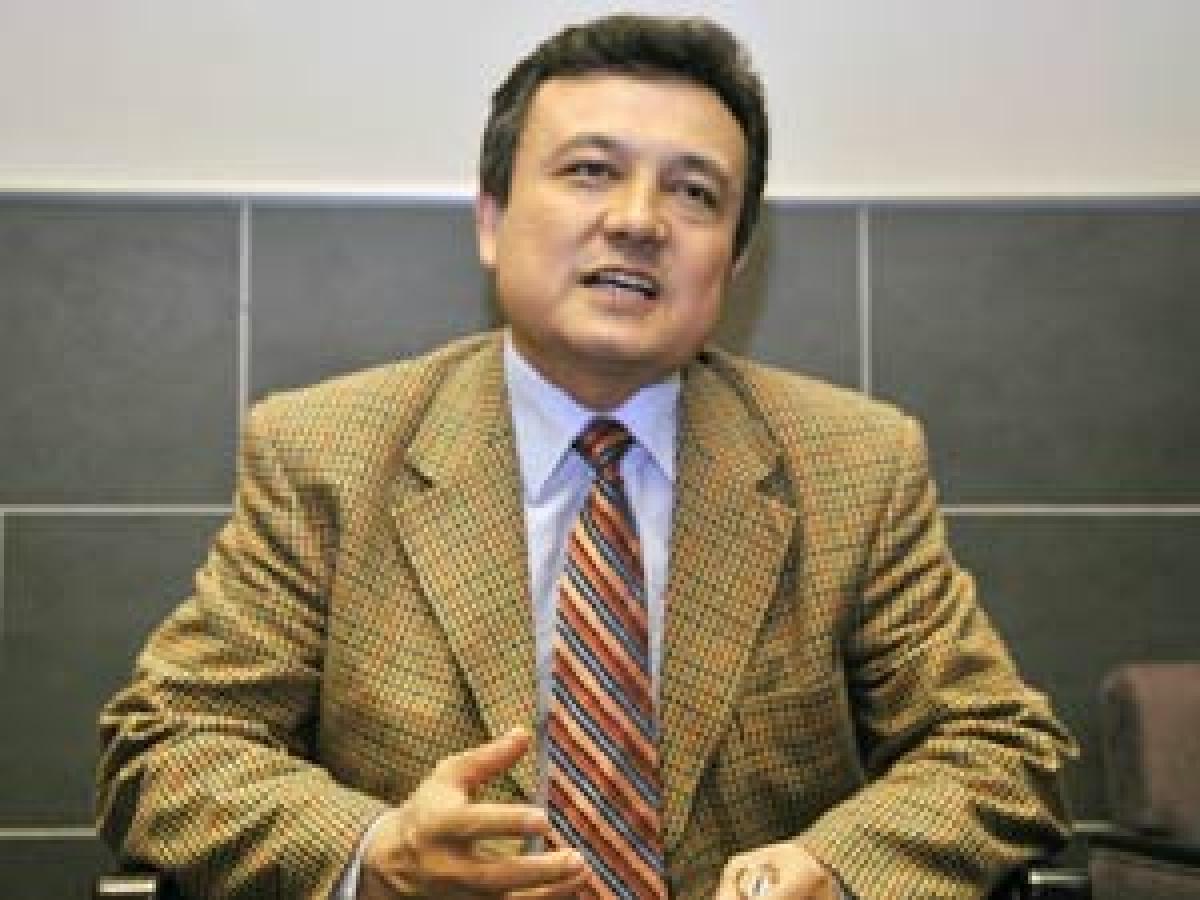
The four-day conference of a host of anti-Beijing international Chinese action groups in Dharamsala from April 28 is bound to mark a watershed in the history of India-China relations.
The four-day conference of a host of anti-Beijing international Chinese action groups in Dharamsala from April 28 is bound to mark a watershed in the history of India-China relations. Contrary to India's established policy of playing the underdog or a hesitant victim, New Delhi appears to be shifting to the combat mode in its dealings with Beijing.
This is first time such a big conglomeration of leaders representing various anti-Beijing Chinese action groups belonging to Tibet, Xinjiang, Mongolia, Taiwan, Hong Kong and, of course, pro-democracy Chinese dissidents and leaders of oppressed religious minorities of China like Christians, Muslims and Falun Gong will be meeting together in India.
They are scheduled to exchange notes and probe common strategies on democratising China and getting justice for China's colonised nationalities like Tibet, East Turkistan and Inner Mongolia. Invited leaders include Yang Jianli, the star of 1989 Tiananmen Square democratic uprising of Chinese students. A leading NGO, Tibetan Centre for Human Rights and Democracy (TCHRD), will host the conference jointly with US-based group Citizen Power for China (CFC) and Initiatives for China (IFC), also US-based.
The delegates will be addressed by Tibet's exiled ruler and supreme spiritual leader, the Dalai Lama. This is first time that India is allowing almost all such groups to sit together, each of whom has its own compelling reasons, and capacity, to hit their Communist tormentors' regime at its soft belly from within. China has repeatedly irked the Narendra Modi government since day one. Beijing's repeated use of its veto in the UN to block India's move to get Pakistani terrorist Masood Azhar's name included in the world body's official list of terrorists is only the latest one.
Many other Chinese steps like PLA soldiers intruding into Ladakh on the eve of President Xi Jinping's visit to India and a swathe of military-oriented 'developmental' projects by China in Pakistan-occupied Kashmir have put India-China ties under severe strain of late. Even before the conference started, Dolkun Isa, a known human rights fighter from East Turkistan, stole the limelight when New Delhi issued visa to him and his two Uyghur colleagues to attend this conference.
India later withdrew Dolkun's visa, fearing that it may not be able to protect him from arrest by Interpol during his travels between Germany and India. Dolkun Isa is the Secretary of World Uyghur Congress (WUC), the umbrella organisation of various Uighur groups across the globe which are working for freedom of East Turkistan from Chinese occupation.
He had been repeatedly jailed by Chinese authorities before he escaped to Germany in 1997. China has officially branded him a 'terrorist' and managed to get Interpol's red-corner notice issued against him in 2003. Interestingly, despite protests from Beijing, New Delhi has neither withdrawn the visas of the other Uyghur leaders nor put any restrictions on the Dharamsala conference.
In an interview with me a few months ago, Dolkun strongly contested his being labelled a 'terrorist' by Beijing. "Since China annexed our country in 1949 they were using terms like 'criminals', 'gangs' and 'thugs' for those Uyghurs like me who dared to express themselves against the colonial occupation of our country. But soon after the September 11 attack in the US, when 'terrorism' became a buzzword, the Chinese government started using terms like 'terrorism' and 'terrorists' for people like me. .....
Now they are using term 'war on terror' as a pretext to divert world attention from the colonial occupation and suppression of East Turkistan (Xinjiang)," he said. On the possibility of a dialogue with Beijing, the Uyghur leaders refer to Chairman Mao's strange 'dialogue policy.' Mao sent invitation to various clan leaders of East Turkistan for a 'friendly dialogue' in August 1949 when he discovered that the Uyghur clans were up in arms against the invading PLA.
He sent a plane to Novosibirsk in the Soviet Union to fetch the Uyghur leaders for a dialogue. But before the plane could reach Beijing, it exploded midair on August 26 and almost an entire generation of East Turkistani leadership was wiped out in a single go. Although New Delhi has revoked Dolkun Isa's visa and India remains unhappy on China's stand on Masood Azhar, but the real issues are far deeper and more serious than what meets the eye.
It would not be surprising if future developments prove that by protecting Masood Azhar, China has focused on using Pakistani terror leaders as its extended arm to neutralise the freedom struggle of Muslim Uyghurs. But, by its unending anti-India actions, China has also compelled India to aim at the soft belly of this rogue and aggressive opponent. The Dharamsala conference appears to be beginning of a new game between the two powers. (The author is a China-watcher and chairman, Centre for Himalayan Asia Studies and Engagement)
By Vijay Kranti








